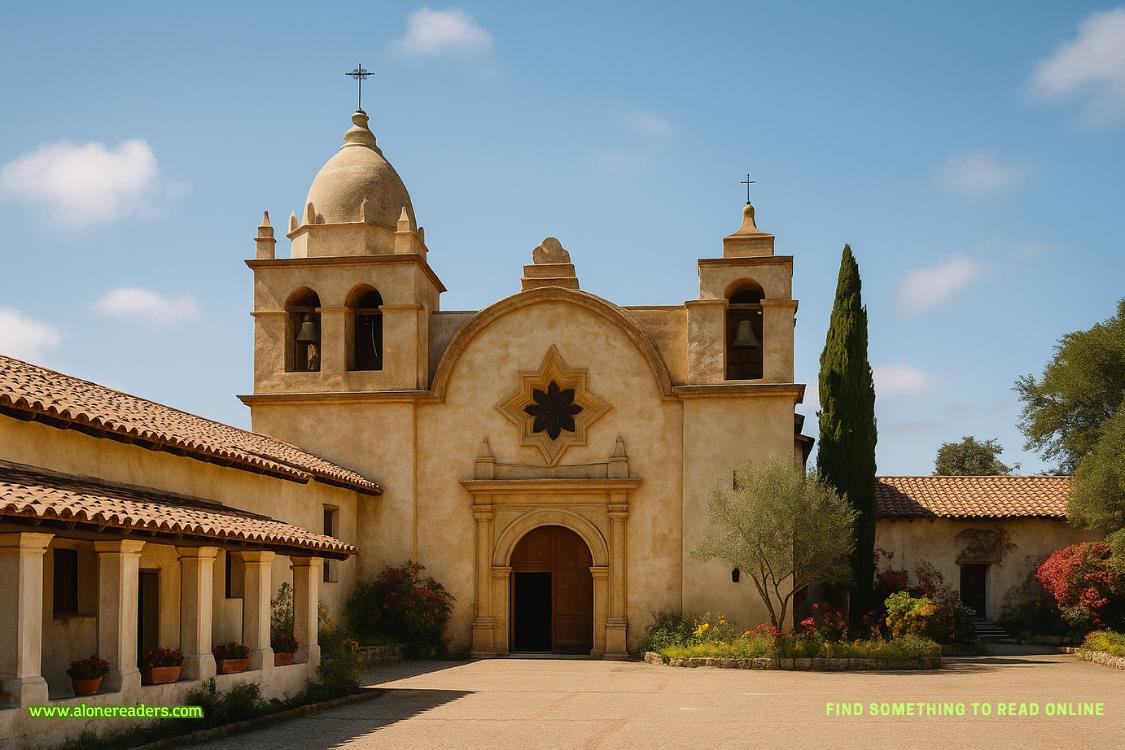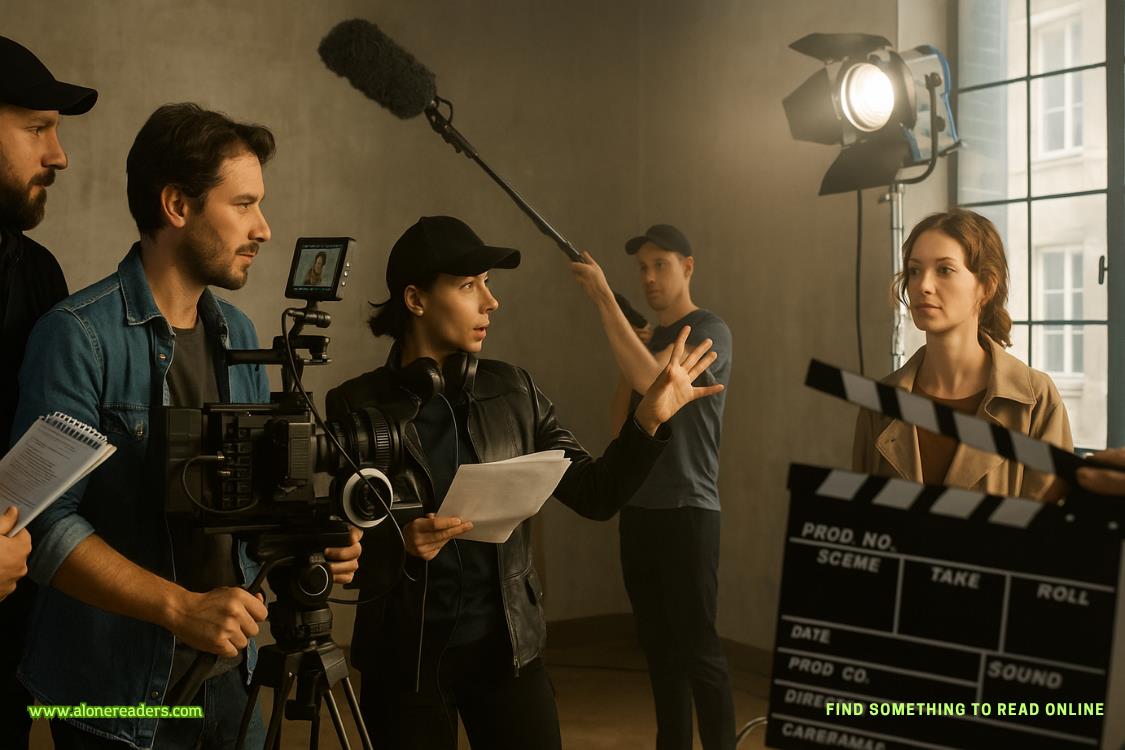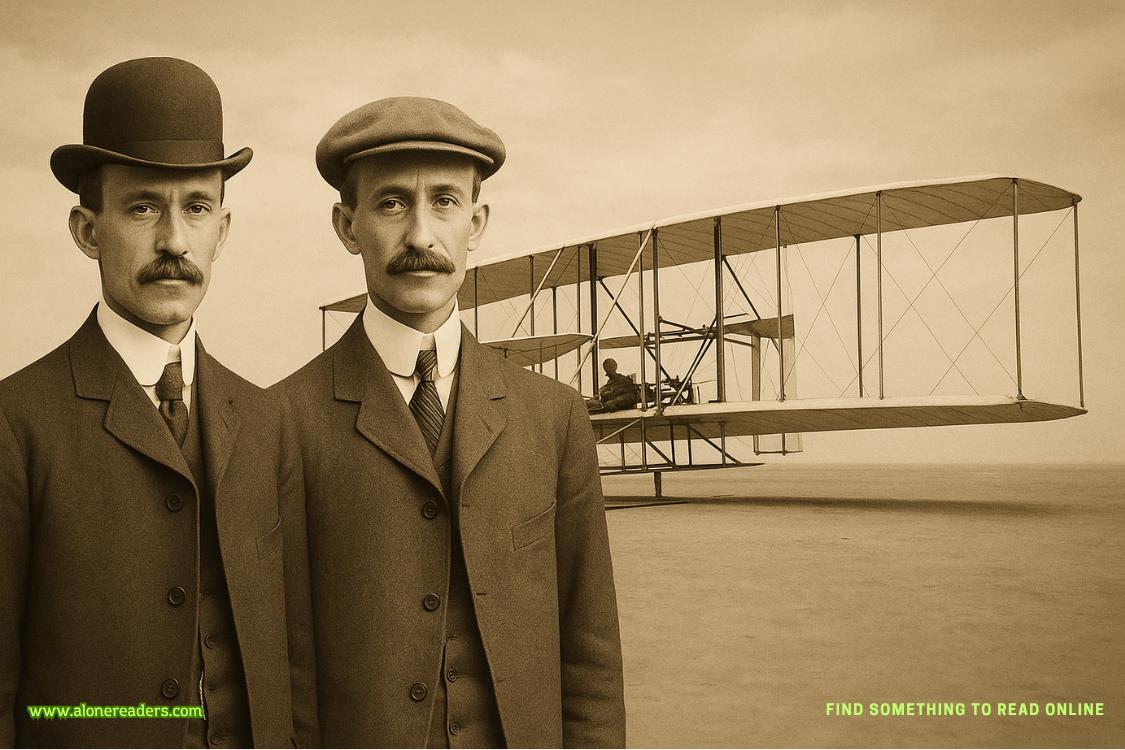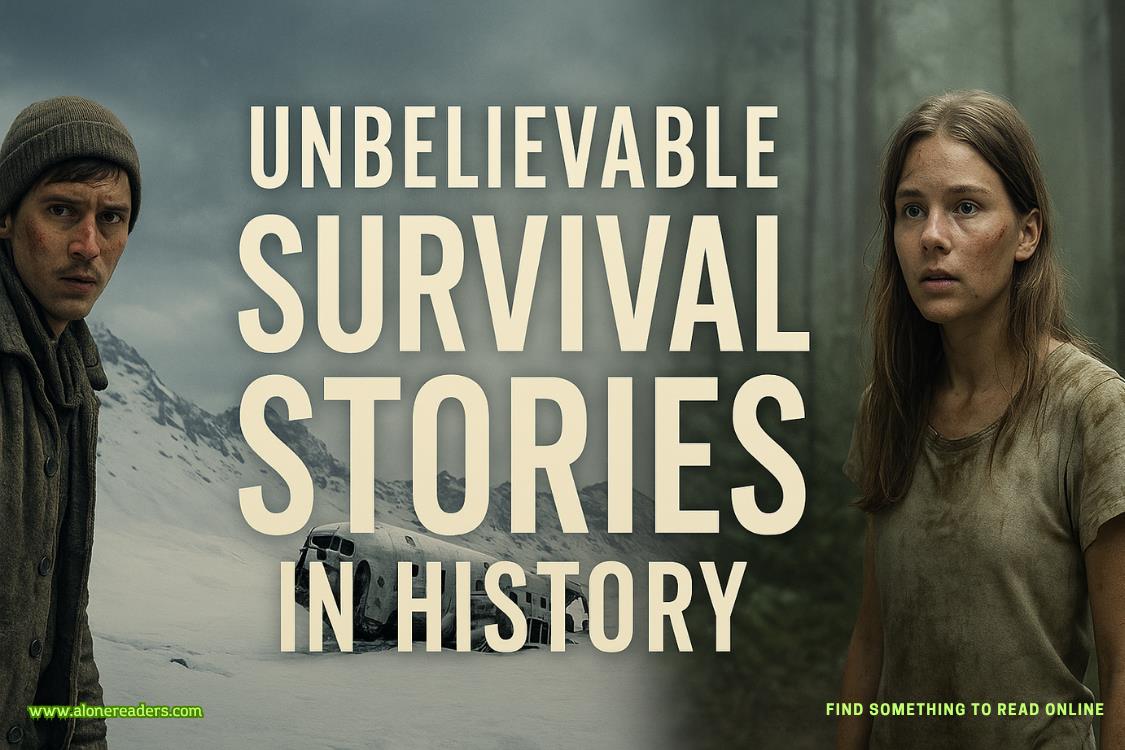Page 40 of Death at a Highland Wedding
Cranston says again, “That is my coat,” and his tone is… Definitely notaccusation. Not confusion or irritation either. It’s as if his mind has found something to seize on, anything except the fact that his best friend lies dead at his feet.
I move in Cranston’s direction. “I noticed it was gone last night.”
He blinks at me and frowns. Then he nods. “Yes, I saw it was missing this morning, and I was waiting for Ezra to come back, so I could snap at him for it. He is forever taking it. Teasing me, I think. Saying my coat is warmer than his, saying he could not find his. Always making excuses for borrowing it, and then I will growl and grumble at him and he laughs it off and…” Cranston swallows and looks away.
When I passed through time, I thought back over all the final conversations I’d had with people. I’m not what anyone would call difficult. At least, not in the sense of someone like Cranston, who seems to argue and needle and grumble as easily as he breathes. But in our everyday life, we’re always butting heads with our nearest and dearest. Inconsequential disagreements we’ll resolve later. When I passed through time, one of my worries was that someone’s last memory of me would be that everyday head-butting.
It doesn’t even need to have been actual friction. We could just have been annoyed with the deceased—like Cranston with that borrowed coat—and then they’re gone, and all we can think is that, an hour ago, we’d been ready to give them shit over something so trivial.
“I ought to have gifted him the coat,” Cranston says, his voice so low that I don’t think I’m supposed to hear it. “He liked it, and I could easily have bought another.”
Gray moves up beside me and says, gently, “My condolences, Archie.”
Cranston looks up. There’s a long pause and then he gives a bitter snort. “I wondered for a moment why you were offering them to me. I am not his brother or his father. But there is no one else, is there? Only distant relatives Ezra has not seen in years.”
That isn’t what Gray meant. He was offering condolences on the loss of a very dear friend, but he only nods.
“I will handle the arrangements,” Cranston says. Then he curses under his breath. “And that is not what I should be thinking at this moment. It is only…” He gestures at Gray. “You are an undertaker. You handle such things, and I was thinking that Ezra has no family and…”
“It will be handled,” Gray says. “You need not concern yourself with that.”
A throat clearing behind us, and I look to see McCreadie. “Speaking of things it is awkward to discuss, I must ask that no one leave the estate.”
Cranston frowns.
“Everyone will need to be interviewed,” McCreadie says.
Cranston blinks. Then he seems to realize what McCreadie means and that lost look vanishes in a flash fire of fury. “Because someone murdered Ezra. Someone came onto my land and killed—” He stops and seems to hang there before he audibly swallows. “Killed Ezra while he was wearing my coat.” He wheels on me. “You said it was gone from the cloakroom last night?”
I nod.
“I saw him around eleven, when it was growing dark. He did not say he was going out, or I would have gone with him. So he went out, after dark, wearing my coat and someone hit him…” Cranston looks down at Sinclair and his voice lowers. “Hit him from behind. Mistook him for me.”
“We do not know that,” McCreadie says.
Cranston gives a bitter laugh. “Do we not? You are too kind, Hugh. Always have been. No one had any cause to want Ezra dead. I am the one they hate.” He looks over at Edith and James Frye, and then past them and points at Violet.
“There is the only person here who does not have some cause to wish me harm, and I cannot even be sure about that. I have surely done some careless thing to hurt her, as much as I have tried not to.” He waves at me. “I do not think I have given Miss Mitchell cause either, but with time, I would have.”
“There may be reasons someone might have killed Ezra,” McCreadie says softly. “Reasons that have nothing to do with you or even with him. If he saw something or learned something or even simply surprised someone out here.”
“Poachers?” Cranston’s head lifts. “Müller has been warning me about them, saying I do not fully understand the danger.”
“The local constabulary will investigate every avenue.”
Cranston frowns. “But you are a detective. Better than any country lump who earns his pay breaking up drunken fights.”
“We will… see what we are dealing with,” McCreadie says cautiously.
“But you will not abandon him, yes?” Cranston looks at Sinclair’s body. “Our old friend has been murdered.”
“I have sent my groom to the village,” Gray says. “We shall see what happens now.”
“What happens now” is that we wait nearly two hours for the constable. Literally wait in the field because we can’t abandon a body to scavengers or interference.
I don’t know what to expect. I’m praying for a miracle straight out of a British cozy, where the local vicar or schoolteacher is actually a professional-grade detective. Okay, I can’t imagine that—we’d at least need to get deeper into the age of mystery novels, where someonecouldbe an armchair expert. But maybe we’ll get a former Edinburgh or Glasgow criminal officer who retired to the country.
The problem with that scenario is that there have only been criminal officers for a few dozen years. The chance of one getting fed up with the city-cop life and moving out here is minimal.















